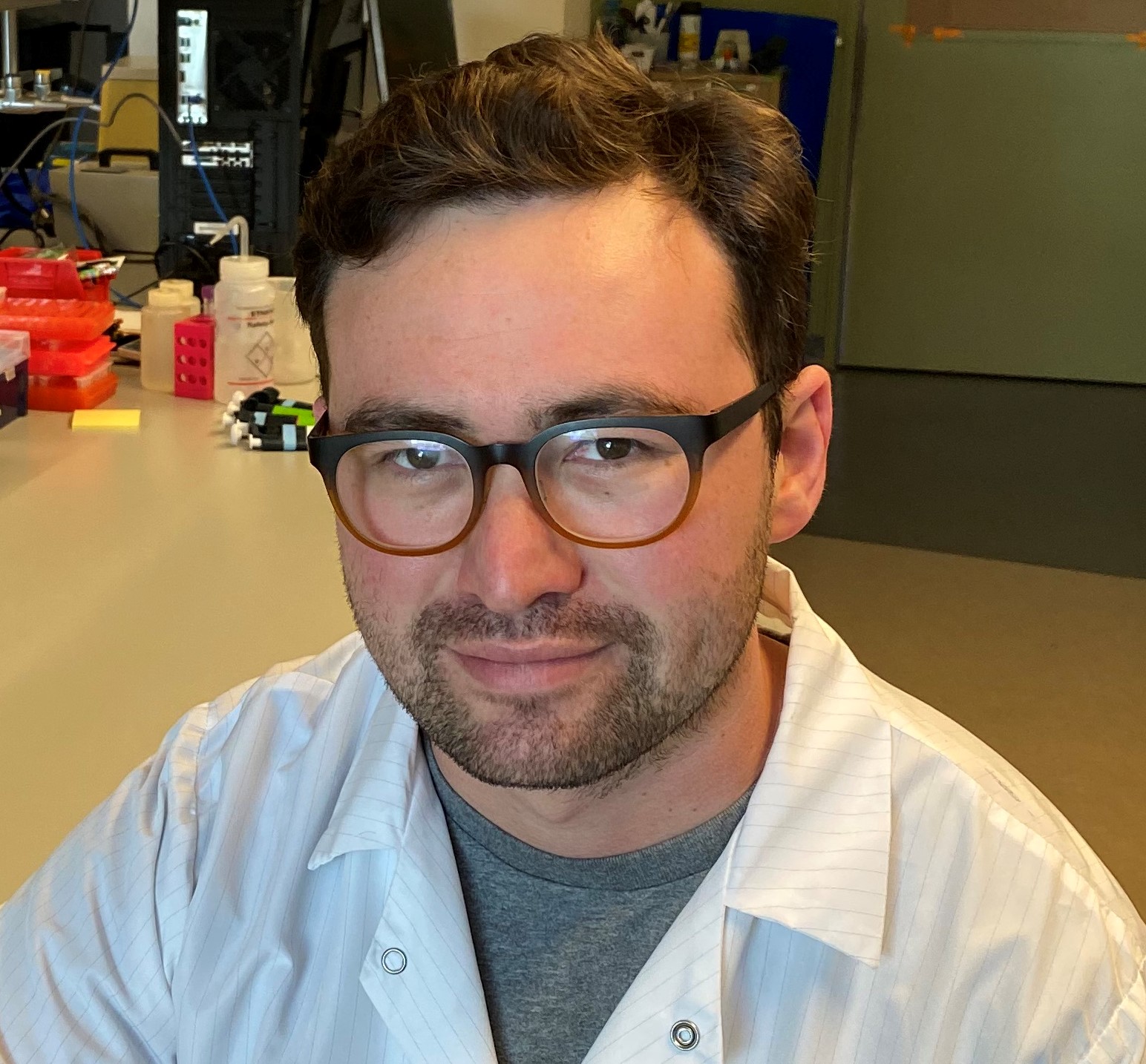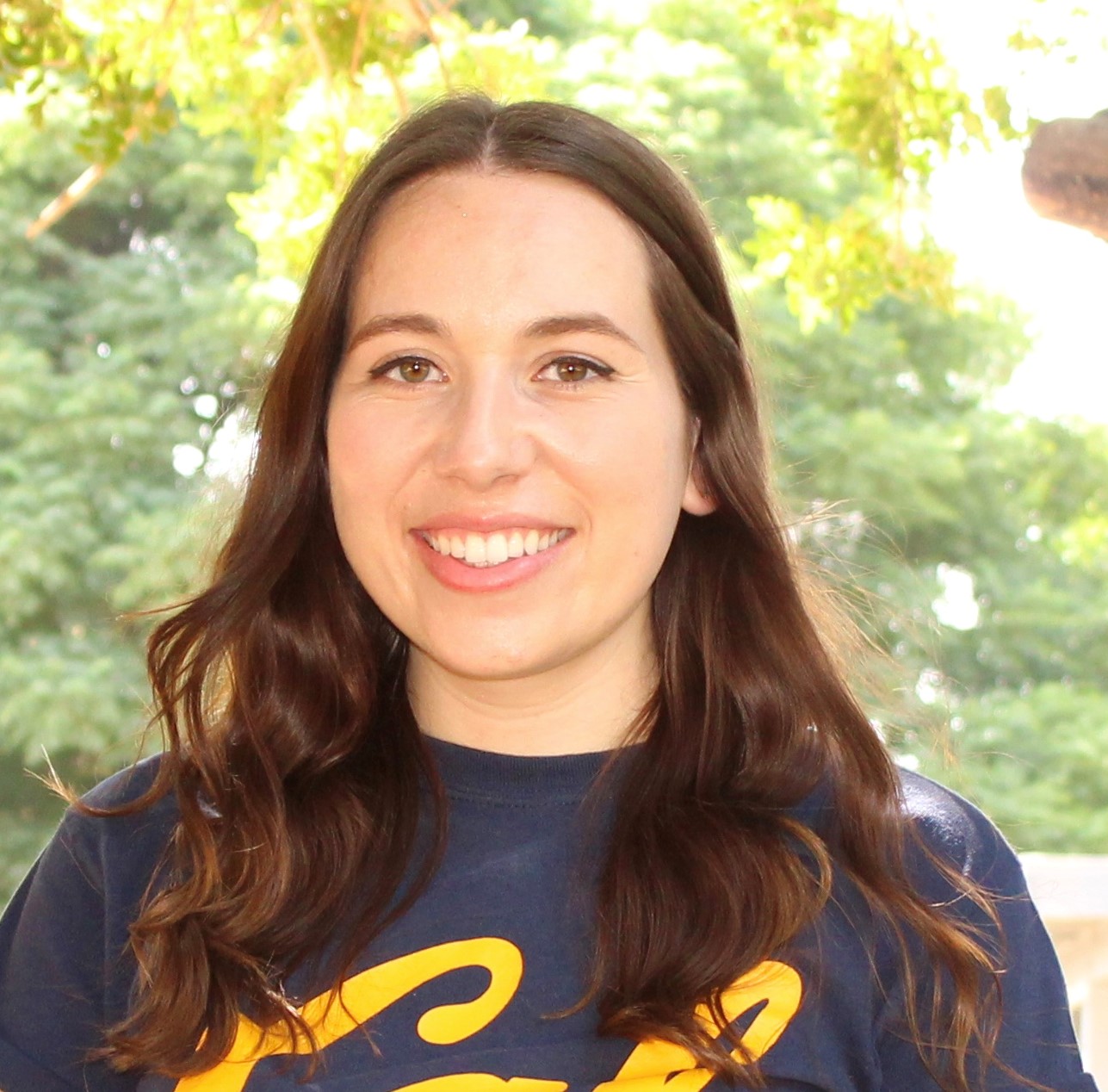Steven Monfort, ARCS Northern California Chapter Scholar Alum, is the newly named John and Adrienne Mars Director of the Smithsonian’s National Zoo and the Smithsonian Conservation Biology Institute in Washington, D.C. Long before becoming Director, Dr. Monfort received funding from ARCS Foundation while pursuing a veterinary degree at the University of California Davis while simultaneously doing research on primate endocrinology at the San Diego Zoo. “My research at the time focused on developing non-invasive methods for monitoring hormone levels in primates in the wild and in captivity.” says Dr. Monfort, “Drawing blood to monitor levels can be stressful for the animal, so it was important to create less invasive ways of monitoring reproductive health.”
It was at this time that Dr. Monfort received his ARCS Scholar Award from ARCS NCC. Second only to the financial relief, Dr. Monfort notes how the support impacted his confidence in the work he was doing; “When you’re in graduate school, you look around and everyone there is brilliant. Doing research during veterinary school was unique, and the ARCS Award came at a pivotal time in my career formation. [My] ARCS Scholar Award gave me confidence in developing my career as a scientist in an emerging field. That kind of boost from the women of ARCS Foundation was catalytic in setting me on this path.”
As Director of the Smithsonian National Zoo and Conservation Biology Institute, Dr. Monfort is responsible for managing the Zoo’s multimillion dollar budget; the public facility, which welcomes more than 2 million visitors each year; and the research program, which includes groundbreaking work in conservation biology. Monfort is also responsible for the Zoo’s fundraising and the education programs and retail services. Monfort has published more than 100 peer-reviewed scientific papers in the broad discipline of reproductive biology, and he helped to pioneer noninvasive endocrine monitoring techniques that are now widely used for assessing reproductive status and well-being of wildlife species in zoos and in nature.







